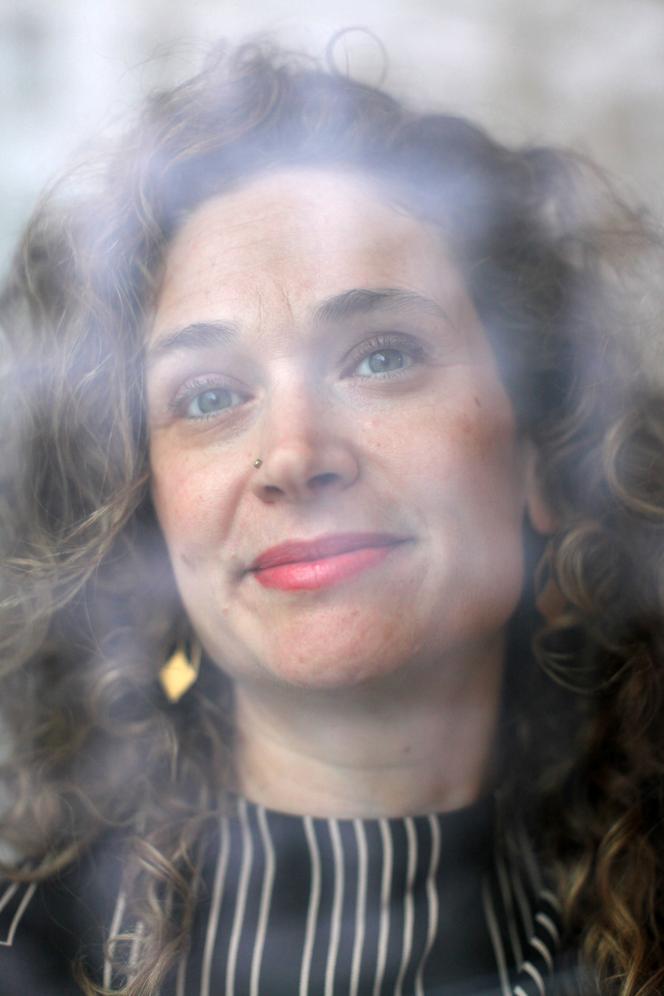

If Shuli Aviad had been told when she was growing up in Tel Aviv that her second son would be born at the Charité hospital in Berlin, she would never have believed it. "Raphaël was born in the pediatric ward run by my grandfather, Oscar Wolfsberg, 90 years earlier. He worked there until 1933, when a friend warned him that he was on a blacklist and advised him and his family to leave immediately. They were out of the country within two days," she recounted with emotion. Later, her grandfather served as a diplomat for Israel.
Wolf, a variant of Wolfsberg, is the name Aviad chose when she changed her surname on her taxi app. This fear reflex has become widespread among Israelis in Berlin since the October 7, 2023, Hamas massacre and the subsequent spike in anti-Semitic acts.

In her apartment in Prenzlauer Berg, Aviad hastily recalled everything she has experienced since that date. The horror of the videos, the constant exchanges with her family in Israel, the feeling of being mentally there. The new anxiety felt in Germany too. It was as if everything had to be recounted, very quickly, for fear of getting lost in the intensity of those tragic moments and the reminiscences of her family's past. "Now, I avoid speaking Hebrew to my children in the street. I've thought about changing our name on the doorbell on the ground floor. It's terrifying; we feel what my grandparents must have felt. Even in the third generation, we all have this deep-seated fear that it could happen again. Yet, paradoxically, I think we're in one of the safest cities in the world for Jews. I'd rather be here than in London or the United States."
Aviad, who arrived here 10 years ago with her husband, a technology entrepreneur, is not the only one to feel this staggering paradox among Israelis living in the German capital. Rotem von Oppenheim, who has lived here since 2015, avoids certain neighborhoods with her children. She has also changed her name on her taxi app but has still offered to move her parents into the family apartment temporarily. "They refuse, despite the sirens in Tel Aviv," she said. "I can't imagine going back to Israel myself, I feel more at home here."
In Berlin, on the one hand, there's the upsurge in attacks on individuals, Molotov cocktails thrown at a Jewish cultural center in the Mitte neighborhood, stars of David drawn on houses and sometimes violent slogans against the state of Israel during pro-Palestinian demonstrations. On the other hand, there is the unwavering support of the German government, political leaders and media for Israel and the Jews, the cornerstone of the country, a "raison d'Etat." In the German capital, where reminders of the horrors of the Holocaust and Nazism are everywhere, on sidewalks and walls, this discrepancy is striking.
You have 70% of this article left to read. The rest is for subscribers only.
